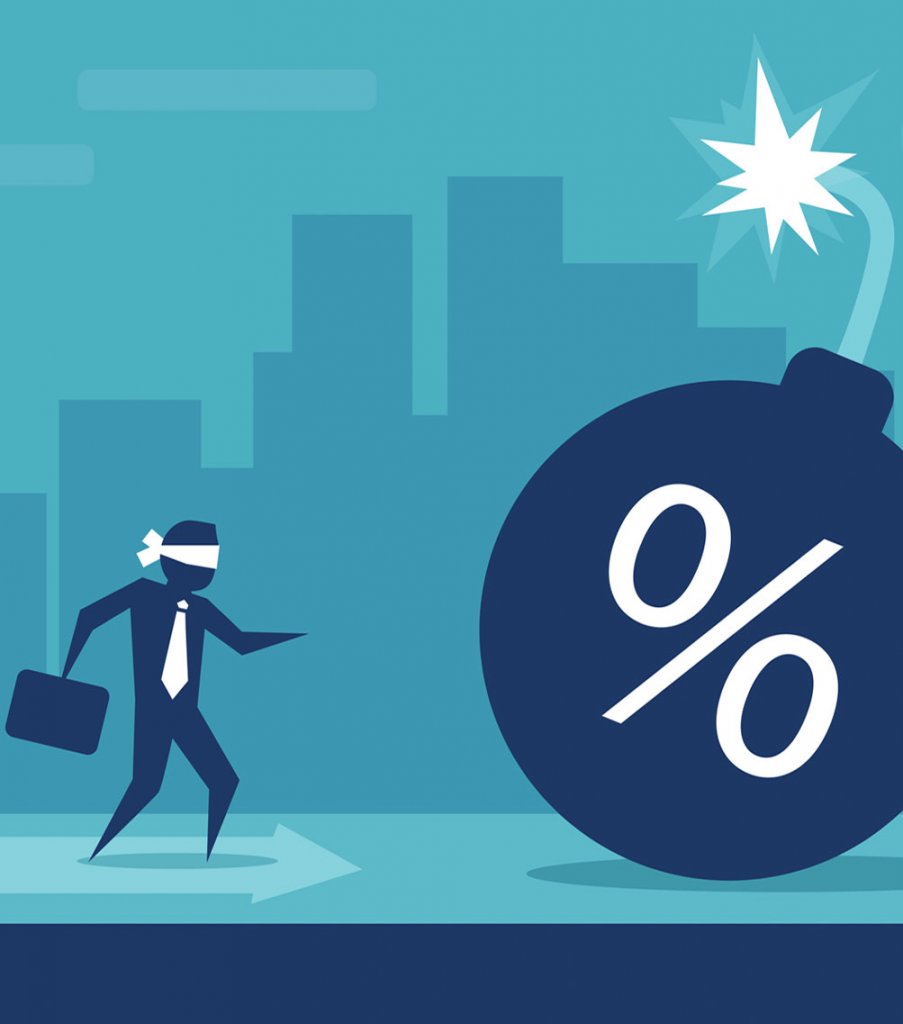Participatory financing as a safeguard against real estate speculation?

In recent years, it is clear that an economic evolution has been underway, with new purchasing and investment behaviors. Participatory financing/crowdfunding is taking off more and more with a growth of 52% in 2018 and a transaction volume of 516.6 million francs largely driven by the real estate market[i].
The real estate world, until then governed by rules that seemed immutable, has not been spared and has, in recent years, been transformed by an evolutionary vision made possible by technology: broadening and diversifying investments through the emergence of new alternative asset classes (ex token), the appearance of spontaneity in acquisition through new 3.0 investment practices (ex crowdinvesting/participatory investment).
These developments tranquilize a model until recently calcified by complicated processes that restricted access to real estate investment and respond to a diversification imperative required by savers faced with negative bond yields and stock market volatility … And, a phenomenon that is becoming increasingly necessary, the democratization of purchasing through real estate crowdfunding, which is opposed to the elitism in force in what we can call the “old” acquisition model governed by a handful of investors.
Democratizing, yes, but with what impact on the market?
Increasing the number of “novice” buyers, devoid of this vision of housing as a speculative value, is increasingly emerging as an effective safeguard against real estate speculation. It should be remembered that real estate speculation is an economic operation on a property, consisting of buying low by betting on the expected increase in its value.
The Brunaupark in Zürich [ii], a modest residential area, is a good example of speculation, bought by a key player in the real estate market to renovate in order to raise prices and thus set high rents to make their purchase profitable. « As a general rule, it is all the users of the built (and non-built) environment, tenants, inhabitants, small, medium and even large companies, shops, craftsmen, etc. who pay the profits from speculation, those of yesterday’s bubble as well as today’s ».[iii]
This mechanism is strongly limited in the real estate participatory investment model where :
- the acquisition is plural with relatively modest amounts
- the acquisition corresponds to a market value
- the buyers’ objective is to invest for the long term with the aim of receiving an annuity
- the calculation of the return on investment is limited to the rental income and does not take into account any possible increase in the value of the property
Through democratization, participatory real estate financing creates what we can call « buyers’ cooperatives » which, like traditional cooperatives, are self-regulating by force of numbers. A sum of profiles as diverse as they are varied, which nip in the bud any speculative mechanism on the whole property, where the presence of a single player, the only master on board, could have had the opposite effect.
References
[i] Prof. Dr. Andreas Dietrich, Simon Amrein – Institute of Financial Services Zug IFZ, Source
